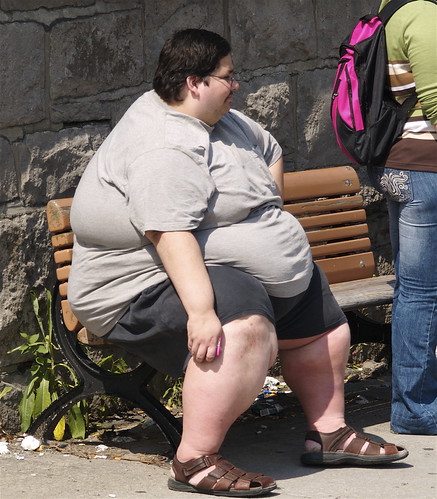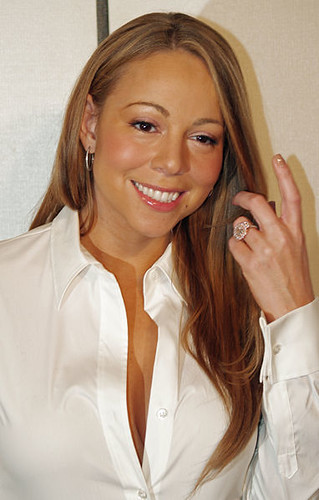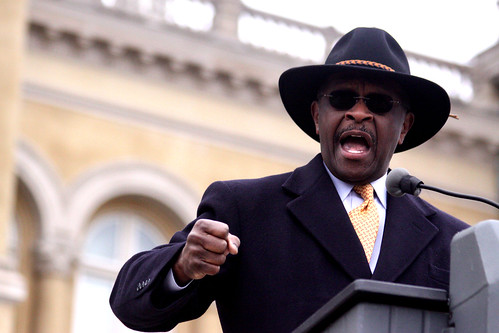My little brother will be 16 in a matter of days. Like most almost-16-year-olds, he's fixated on getting a car and all of the metaphorical freedoms that it brings. My mom is wondering how she can help him out in the purchase of said freedoms, and it made me think back to my own car ownership history. See, I am on my tenth car.
I know what you're thinking. I must have been hell on wheels, carelessly crashing car after car. But that's not the case. In fact--excepting the one time I tried to teach myself to drive a stick shift without even knowing that you had to have the clutch in to start it and drove head-on into my mom's lawnmower (which did no damage)--I've never wrecked a car. I was just poor.
It made me wonder. What would my little brother be missing out on if he didn't have to go through the experiences I did. So here, catalogued through the lenses of some of the cars I've loved to hate, are the lessons I learned through driving some of the worst monstrosities you can imagine.
The Escort
My first car was a gift on my sixteenth birthday. Despite the cliche image that might conjure up, this car was anything but typical. It was an '88 Ford Escort. White. Boxy. Ugly even when it was new. And it was definitely not new. A friend of the family paid $200 for it, and I was grateful.
I was still grateful, underneath it all, as I laid on my back in the gravel, holding a metal rod and flailing it in the general area where I thought a starter might lurk. Once I'd knocked the underside of the car around what felt like enough, I got back in and tried the ignition again. Success! Oh, but now the oil light was on. Of course it was! It had been more than six hours since I had last watched the greedy beast drink down a quart with its familiar glug, glug, glug. So, I hopped back out, reached behind the driver's seat into the store of the cheapest oil I could find, and grabbed the twisted coat hanger from the passenger seat. After maneuvering the hanger into the spot where the hood latch used to be, the hood finally pops.
You might think, from this description, that the "lesson" from this car would be resourcefulness, but I learned something even more important from this gem of a ride: humility.
You see, this car was "losing compression," a mechanic term that simply meant "too expensive to fix" and "frustrating as hell to drive." The car maxed out at 45 mph, making me lots of new friends on the interstate, I'm sure. But that embarrassment was nothing compared to the hills. In order to get to work, I had to drive up two very big hills. At one point--near the end--the car ground down to an excruciating 5 mph before peaking over the top and picking up speed. The people behind me, of course, had no idea that my car just simply couldn't go. They thought I was messing with them. Amid the honks, flying middle fingers, and glares, I learned to smile sheepishly and hope for the best. I gave modest shrugs and half-hearted smiles. All that theoretical teenage "freedom" didn't seem so free.
The Fifth Avenue
The Escort didn't last. A friend drove behind me and literally pushed it up the hill--nose to back bumper--so I could take it to the junkyard. It was time for bigger things--much, much bigger.
I had been squirreling away crumpled fives and tens from my paycheck, hidden in a Tylenol Flu box in my bedroom dresser. The money grew, and I eventually had enough to purchase a car for myself. It was a $200 1985 Chrysler Fifth Avenue. And it was a luxurious car filled with all of the latest features--in 1985.
In 2001, however, it was a tank with a hole in the trunk, motorized windows that didn't work, no interior lights, and a bottomless gas tank.
This car taught me to be observant.
Since there were no interior lights, I never knew how fast I was going once the sun went down. I lived in the middle of nowhere, and streetlights were few and far between--unlike the state troopers, which were bored and numerous. My most frequented stretch of highway had exactly one streetlight for twenty miles--and it happened to be just a few yards into my journey. I would turn onto the highway and stomp on the gas, attempting to hit the speed limit before I got to the light. If I was able to accomplish this feat, I could use the light to check the speed and then try to maintain it through observation the rest of the drive. I learned to pay attention to the curves in the road, the hum of the motor, the vibrations of the steering wheel. I also learned that when you pay for gas in pennies, the store clerks alternate between sympathetic and angry.
The Shadow
The Fifth Avenue didn't die. As far as I could tell, it would never die. I sold it and like to imagine that it's still out there somewhere. My next purchase was a full 50% more expensive, so clearly a step up. This $300 '90 Dodge Shadow was a beauty. Tiny, red, and a convertible. Well. . . sort of.
See, in order to be a convertible, there needs to be something to "convert." The top on this car was full of holes and ragged. It was a little less "convertible" and a little more "topless."
This car taught me to have a sense of humor.
I live in the Midwest, where the weather is unpredictable. I would hear the thunder roll, completely unexpected on what started out a sunny day. My hand would shoot up from the back of the science classroom, and the teacher wouldn't even ask what I wanted, "Yes. You can go put the tarp on your car."
The rain ran down into the electric windows and fried them. They were held in place with bolts, bolts that would fly out when I hit pot holes, sending the glass crashing down into the door frame, having to be dug back up with pliers.
Once, I was driving back from a friend's house late at night. It was a beautiful summer night with crisp, cool air. I know this because the crisp, cool air was ripping through the holes in the top. A particularly productive gust caught hold in just the right way and--before I knew what happened--ripped half of the roof off, leaving it flapping in the wind behind me like a giant, elegant scarf. I just kept driving.
A car behind me started flashing its lights and honking. Pulling up beside me, the driver started gesturing. Really? Did you think I didn't notice half my roof was gone? I'm aware. I just learned to laugh about it.
The Acclaim
This Plymouth Acclaim taught me to value my life.
It leaked gas and also had a broken gas gauge. This is a bad combination. I ran out of gas constantly, especially when making the three hour drive between my hometown and college. I learned to sit quietly on the side of the highway and not make any eye contact with passers-by, patiently awaiting the roadside assistance crew who shook their heads at the "silly girl" who didn't stop for gas.
While driving, I watched errant cigarette butts in wide-eyed horror, wondering if my car could burst into flames.
After two high-speed blowouts and a stuck accelerator cable that left me careening out of control down a residential street, I gave the car away. Freedom's just another word for nothing left to lose, and I still had my life to think of.
So, there's something to be said for toughening it out, but there's also something to be said for safety. If my mom can swing it, I think she should help my brother out. There are other ways to learn.
Image: Used under Creative Commons from Marco Tamma















